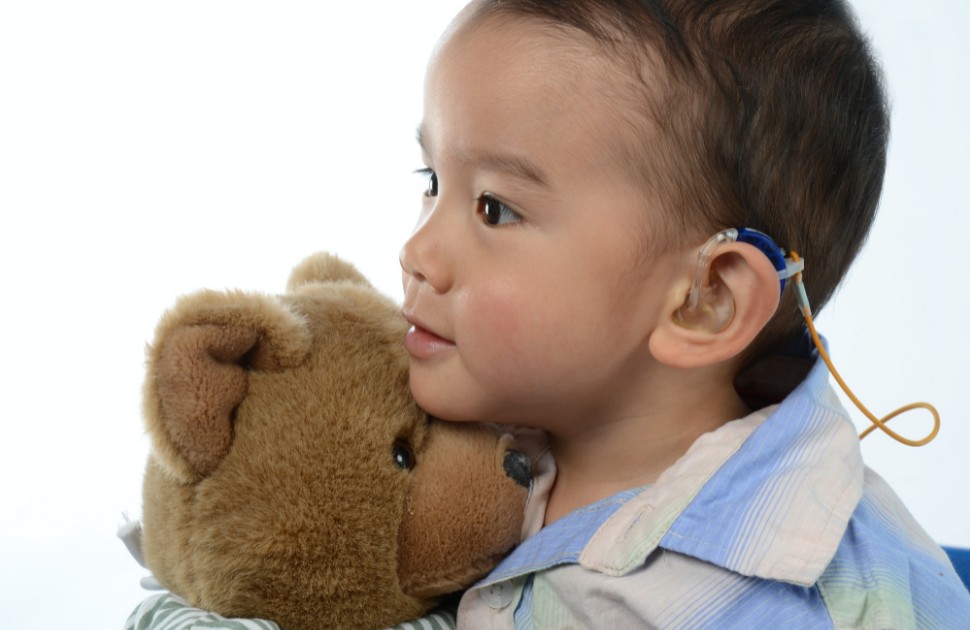
For best results make sure background graphics are enabled.
| Table of contents |
Help with headaches
How to prevent headaches
Proper lifestyle can help prevent headaches before they start
Get better sleep
- Make sure to have regular sleep schedule every day, even on weekends.
- Make the bedroom a screen-free zone for at least one hour before bedtime (this means charging devices overnight in another room!).
- Make sure to get between 8-11 hours of sleep every night.
- Melatonin is a supplement that can be taken before bedtime to help with sleep.
- Preschool-age: 1 to 2 milligrams
- School-age: 2 to 3 milligrams
- Adolescents: 5 milligrams
Keep a balanced diet
- Start your day with a high protein breakfast (yogurt, cheese, and milk are good options) within one hour of waking up — this prevents sudden drops in blood sugar.
- Keep your blood sugar levels stable by eating 3 meals a day with 1-3 snacks in between.
- Include protein, carbohydrates, and vegetables or fruit at each meal.
- Drink plenty of water throughout the day and avoid sugary, or caffeinated beverages like Kool-Aid®, coffee, tea, pre-workout, and energy drinks.
Stay active
- Ensure you have at least 60 minutes of moderate to vigorous physical activity every day.
Learn to manage stress
- Try participating in relaxation exercises like yoga or a mindfulness practice — you can find some suggested apps for mobile devices on our Headaches resource page.
Take supplements
|
Magnesium |
|
Dose:
Available in:
Side effects:
|
| Coenzyme Q10 |
|
Dose:
Available in:
Side effects:
|
| Vitamin B2 (Riboflavin) |
|
Dose:
Available in:
Side effects:
|
How to treat headaches
Medications work best if given at first signs of a headache. Pain medications should not be given on more than 15 days per month to avoid medication overuse headaches.
Let your healthcare provider know if you need to take your medications 3+ times per week or if this plan isn’t working.
| Ibuprophen (Advil®, Motrin®, etc.) |
|
Dose:
Total per day:
Available in:
Side effects:
|
|
Acetaminophen (Tylenol®) |
|
Dose:
Total per day:
Available in:
Side effects:
|
Keep a headache diary
A headache diary will help identify triggers and which treatments are helping you. Please bring your headache diary to your appointments. You can find suggested headache diary apps on our Headaches resource page.




